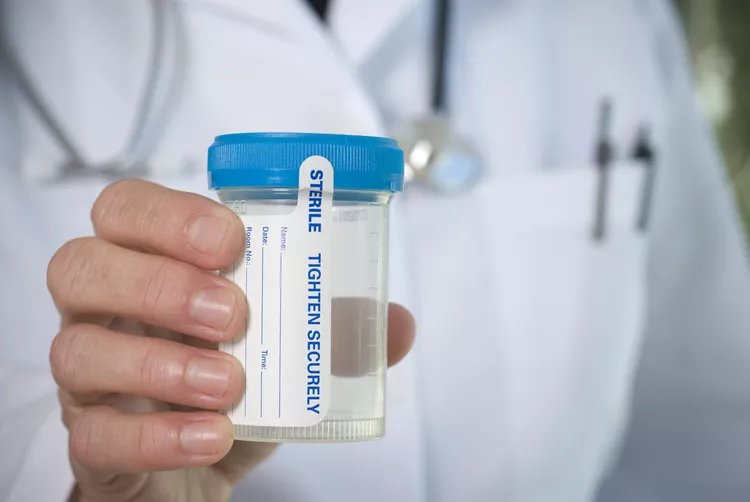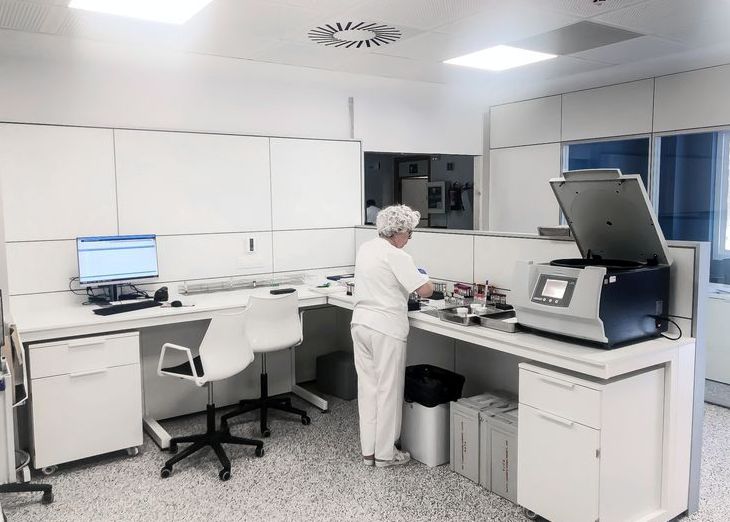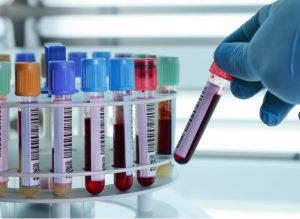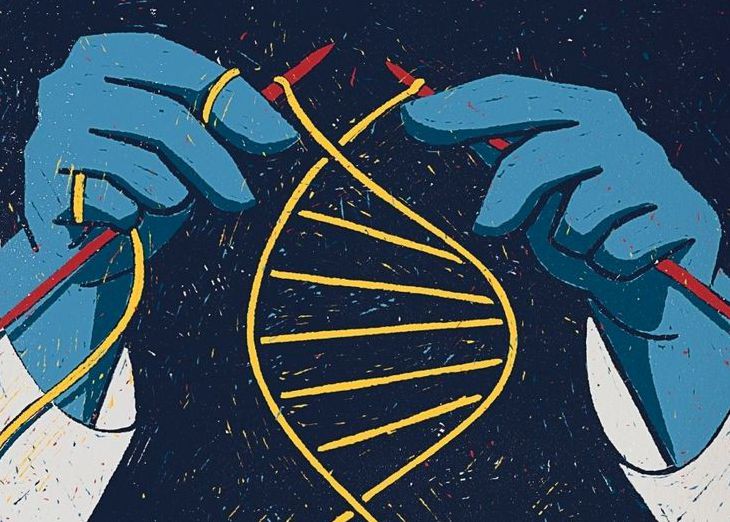How Antidepressants Show Up on a Drug Test

If are taking a prescription antidepressant medication like Prozac (fluoxetine), you might worry that it could show up on a drug test. This is especially a concern if you must take a pre-employment drug screen for a new job. Because antidepressants are not considered “drugs of abuse,” they are not included in common urine drug […]
Sampling and separation

Order
hematology

Hematology is the science or study of blood and blood disorders.in the medical field hematology contains the treatment of blood disease and malignancies, including types of hemophilia, blood clots, leukemia, lymphoma, myeloma and sickle-cell anemia. Hematology is a branch of internal medicine that cope with the physiology, pathology, etiology, ,diagnosis treatment, prognosis and prevention of […]
Where is the consumer genetic testing industry headed?

Where is the consumer genetic testing industry headed? Giving consumers clarity and choice Many companies offer direct-to-consumer genetic testing. These tests give people access to their genetic information without involving a healthcare provider or health insurance company. The results may encourage consumers to make better lifestyles choices. Direct-to-consumer genetic tests are marketed to customers via […]
Scientists Developing Early Alzheimer’s Disease Detection Sensor

Scientists Developing Early Alzheimer’s Disease Detection Sensor The team has completed the proof-of-concept stage and plan to move on to clinical trials Researchers with the Simon Fraser University (SFU) Nanodevice Fabrication Group are developing a new biosensor that can be used to screen for Alzheimer’s disease and other diseases. An overview of their work has been […]
Helping Laboratories Interpret Clinical Genomics

Helping Laboratories Interpret Clinical Genomics QCI Interpret One provides labs with the best source of high-quality variant interpretation Q: HOW DOES QCI INTERPRET ONE SUPPORT SMALL AND RURAL HOSPITAL LABS’ APPROACH TO CANCER GENOMICS? A: Across the US, many oncologists send out their cases to reference labs when they would prefer to have them […]
Cancer detection technologies on microfluidic chips
When you hear the word cancer, it conjures up sad feelings. Most patients think that if they have it, they have less chance to survive and it’s the start of a countdown to death. Most people only know of the most common treatments such as – chemotherapy, which uses drugs to kill cancer cells, radiation […]
Blood Collection Tubes

Blood Collection Tubes as Sources of Preanalytical Error Every lab technician hopes to avoid errors that require retesting, increase costs, or prolong the time it takes to get results to patients. When issues do occur, it can be difficult to troubleshoot and correct the problem. As technology advances and assays become more complex, clinical […]
Artificial intelligence

Artificial intelligence Building trust, confidence and responsible growth Artificial intelligence (AI) addresses complex problems to enable better decisions, products and services. It represents a significant growth opportunity for digital innovators and other industries. At the same time, it also raises difficult ethical, privacy and security considerations. Best practice and standards have an essential role […]
Genetic

Genetic Genetics is the scientific study of genes and heredity—of how certain traits are passed from parents to offspring as a result of alteration in DNA sequence. A gene is a segment of DNA that includes instructions for building one or more molecules that help the body work. Genetics research studies how every single […]
